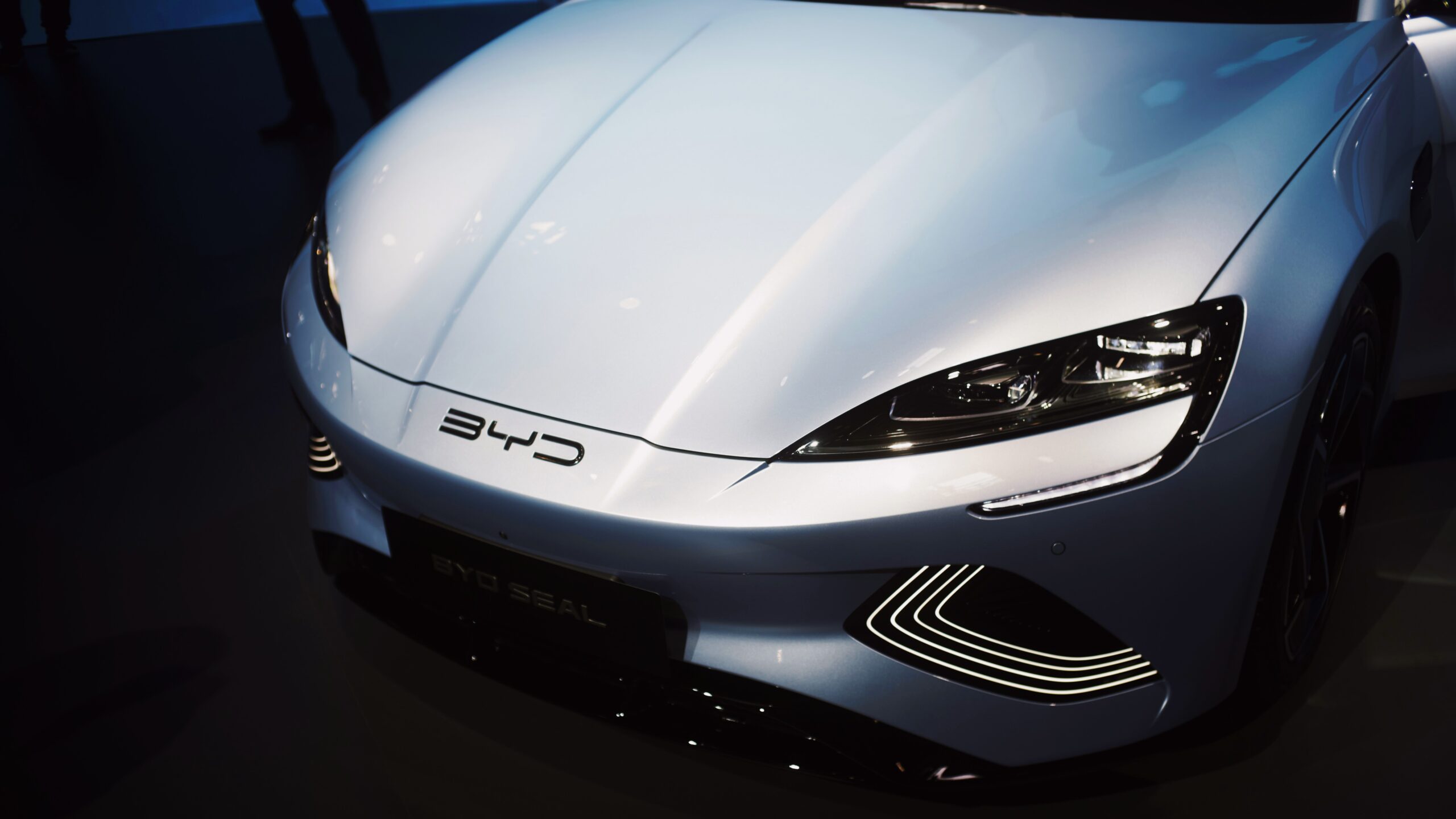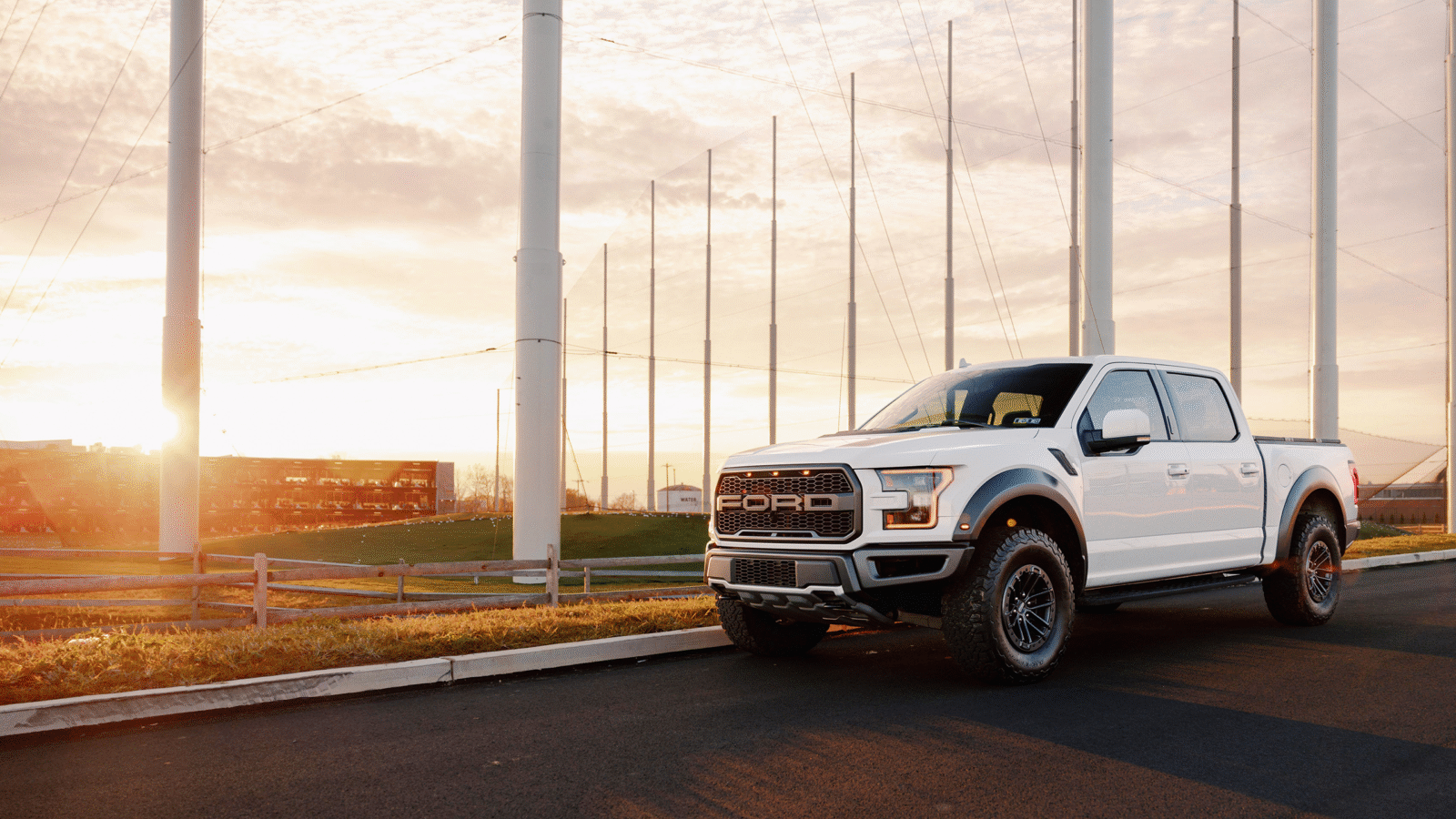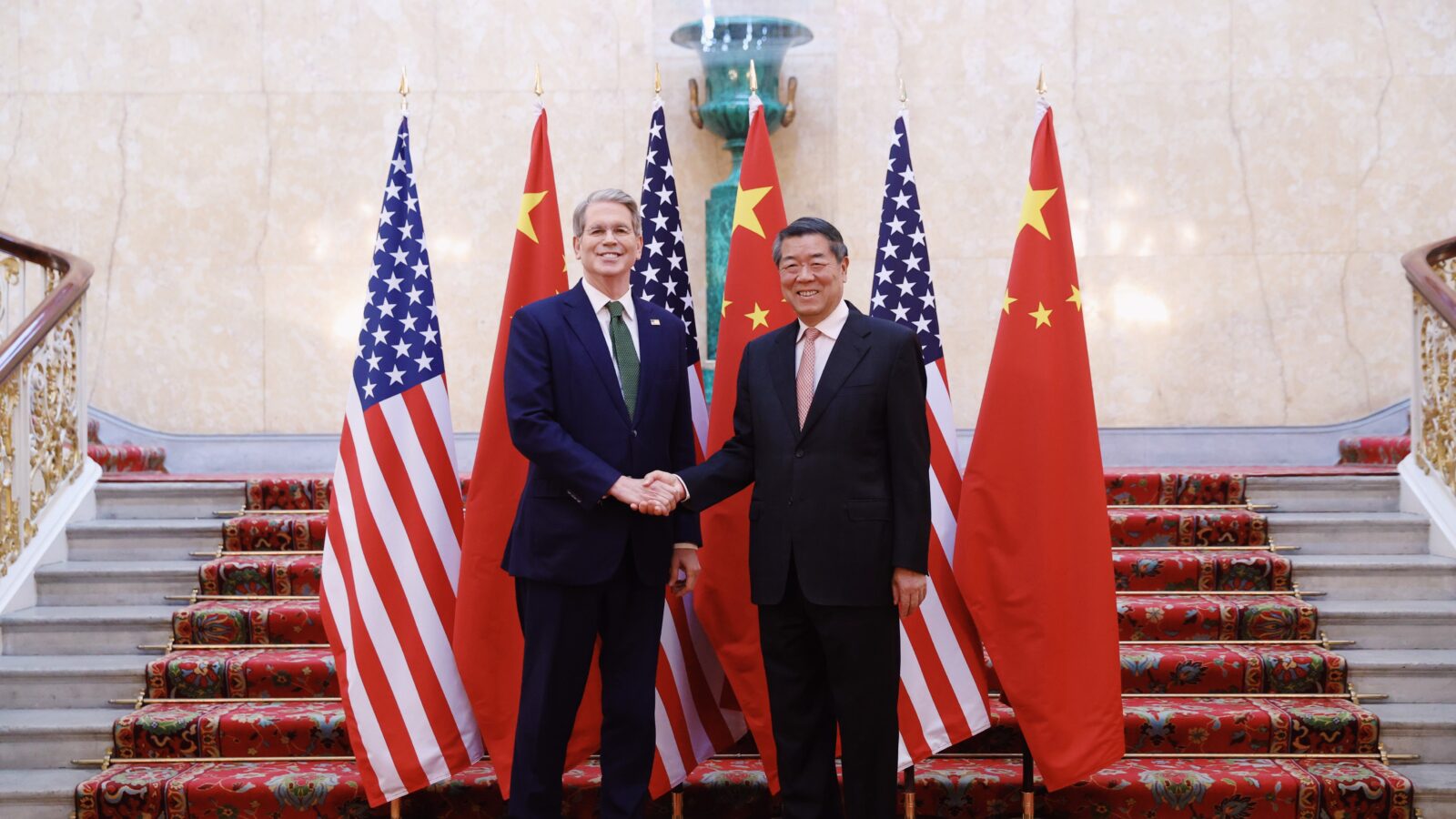With Too Many EVs, Chinese Carmakers Look to Foreign Markets
Demand has been slowing domestically, so Chinese companies are looking abroad to keep sales growing.

Sign up for smart news, insights, and analysis on the biggest financial stories of the day.
Chinese EV makers are charging abroad.
After a strong boom in electric vehicle sales among Chinese carmakers, the numbers have started to wane. Now, auto manufacturers that are producing more cars than they can sell are trying to regain that momentum overseas, The Wall Street Journal reported.
These Babies Sell Themselves
In the past few years, Chinese automakers like BYD, MG, and NIO have sold millions of EVs — more than US and European manufacturers combined. However, sales don’t always translate to profit, to which too many Chinese automakers can attest. A bigger problem, though, was that much of that sales growth was driven heavily by government subsidies and support from large backers like Alibaba, Tencent, and in BYD’s case, $130 billion man Warren Buffett.
While it allowed carmakers to expand capacity and pump out EVs at a blitzkrieg pace, government subsidies have declined and Chinese consumers are tightening their belts. To counteract the slowing demand in their homeland, the Chinese government is encouraging auto companies to look to foreign markets to fuel their growth:
- Earlier this month, China’s Ministry of Commerce established a set of guidelines to help local car companies navigate international trade rules and engage with foreign governments. Automakers are also being urged to set up R&D centers with partners abroad to build supply chains.
- BYD, which began to outpace Tesla as the top global seller of EVs recently, has a bit of head start thanks to its factory in Uzbekistan and one in Thailand that’s expected to start deliveries in July. BYD plans to open factories in Brazil, Hungary, and possibly Mexico, the last of which might be able to export vehicles to the US. It also intends to buy ships to export cars to European markets.
Running Scared: The European Union launched an anti-subsidies probe late last year against Chinese automakers, concerned that low-price imports could hurt local manufacturers like Volkswagen. BYD intends to sell 400,000 cars overseas this year, the WSJ reported, but it only exported a little over half that last year, and only 13,000 were delivered to the EU.
In the US, where Chinese cars are scarce thanks to expensive tariffs, big automakers like Ford and General Motors are desperately trying to lower production costs and EV prices to compete with a possible flood of Chinese cars. With BYD’s cheapest car selling for about $12,000 in some markets, it’s easy to see why other carmakers are starting to sweat.











